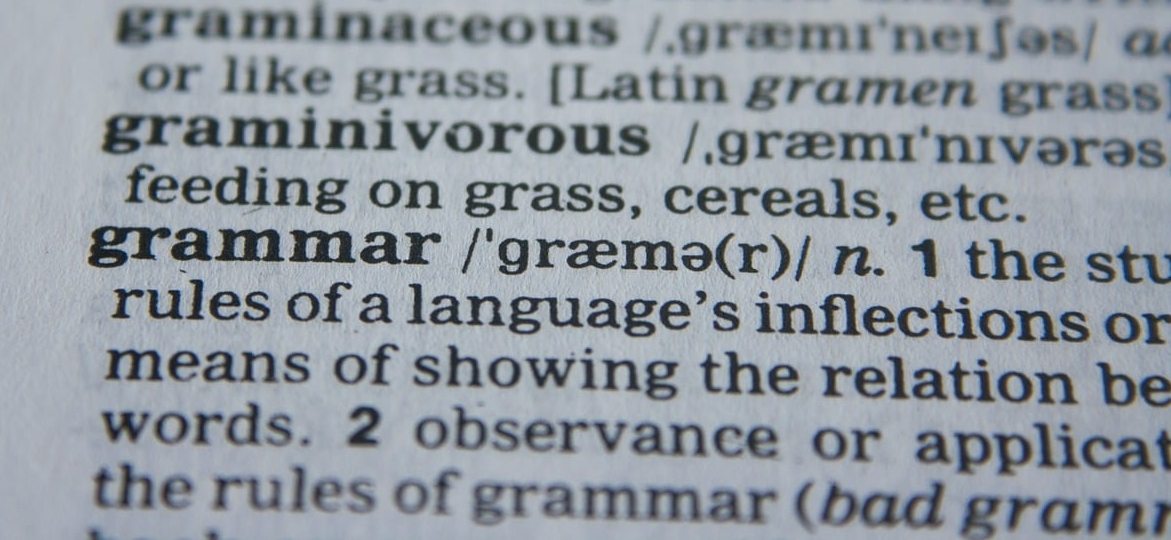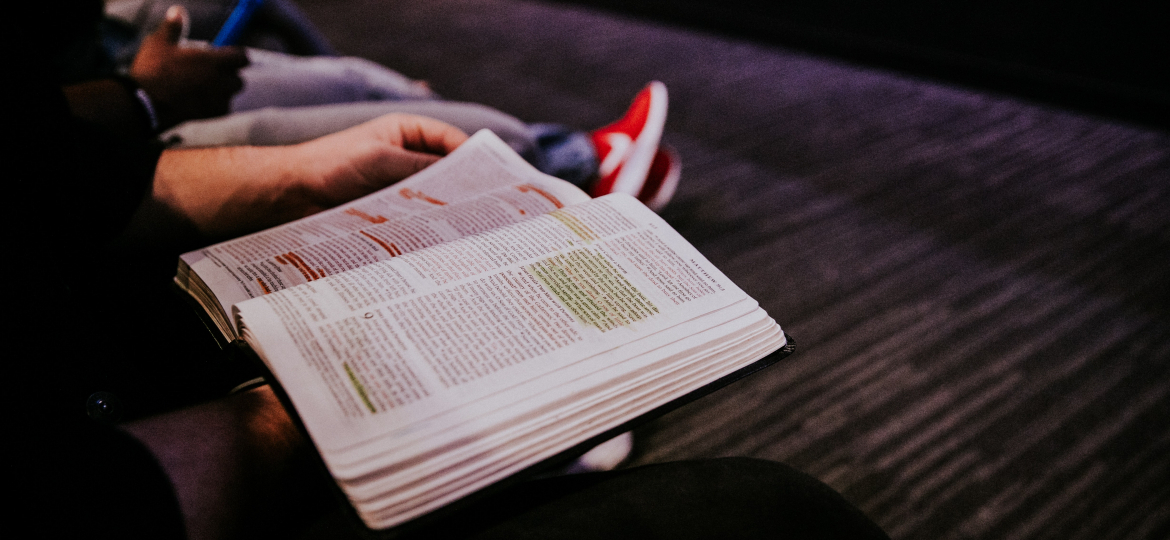In this article, we’re taking a detailed look at relative pronouns in French. Keep reading for more on:
- What a relative pronoun is
- How to use one in a sentence
- How to use specific relative pronouns such as qui, que, and dont
If your French grammar could do with a little dusting off, this is the article for you!
If you wish to take the tests DELF, DALF or TCF revising all our french grammar and conjugation worksheets is always a great idea! So read on and start learning French online!
What is a relative pronoun?
We use relative pronouns to avoid repetition of nouns. Here’s the need-to-know information about relative pronouns in French:
- We use them to connect a main clause and a relative clause
- Relative pronouns can function as a subject, object or preposition
- They are impersonal and are not modified according to gender or number
- Relative pronouns cannot be omitted in French
There are five relative pronouns in French: qui, que, dont, où, and lequel. We’ll take a closer look at each one a little later.

How to use relative pronouns in French
Relative pronouns in French and English function quite differently, but it is possible to see similarities in their functions. Let’s take a look at a few examples of how relative pronouns work in French:
- J’ai fait une amie qui connait mon frère (“I made a friend who knows my brother”)
- Le 11 février est le jour où tu es né (“The 11th of February is the day [when] you were born”)
- Il va faire le grand voyage dont il rêve (“He’s going to go on the trip [that/of which] he was dreaming of”)
Notice that each sentence in the above examples is composed of a main clause and relative clause, with the relative pronoun bridging the two.
How to use “qui”
The relative pronoun qui functions as the subject: it tells us who or what is doing the action. We can translate qui into English as “who”, “that”, or “which”.
To use qui to connect two sentences, you must first identify the noun that is functioning as the subject of the relative clause. Let’s look at this example:
- Antoine fait des crêpes. Les crêpes sont délicieuses. (“Antone is making crêpes. The crêpes are delicious.”)
- Antoine fait des crêpes qui sont délicieuses. (“Antoine is making crêpes which are delicious.”)
In the first instance, it is les crêpes that are functioning as the subject of the relative clause. This means we can replace the nominal group with qui to make one sentence.
Note that qui can be shortened to qu’ if it precedes a word beginning with a vowel or h.
How to use “que”
The relative pronoun que functions as the COD, the direct object. We can translate que into English as “that”, “which”, or “whom”.
Here’s an example:
- Fiona lit un livre. J’ai offert le livre pour Noël. (“Fiona is reading a book. I gave her the book for Christmas.”)
- Fiona lit le livre que j’ai offert à Noël. (“Fiona is reading the book I gave her for Christmas”)
In this example, le livre is the COD of the relative clause and can therefore be replaced with the relative pronoun. Just like qui, que can also be shortened to qu’ if it precedes a word beginning with a vowel or h.

How to use “dont”
Dont is another relative pronoun in French. It functions as the object of the preposition de, or as an indicator of possession. We can translate dont into English as “from which” or “of which”.
Take an example:
- C’est une histoire. La fin de l’histoire est très amusante. (“It’s a story. The end of the story is very funny.”)
- C’est une histoire dont la fin est très amusante. (“It’s a story with a very funny ending.”)
In this example, de l’histoire is the object of de in the relative clause.
How to use “où”
The relative pronoun où functions as an indicator of place or time. We can translate où into English as “when”, “where”, “which”, or “that”.
- Je retourne dans le village. J’ai rencontré mon petit ami dans ce village. (“I am returning to the village. I met my girlfriend in this village.”)
- Je retourne dans le village où j’ai rencontré mon petit ami. (“I am returning to the village where I met my girlfriend.”)
In this example, dans le village is functioning as an indicator of place in the relative clause. To bridge the two sentences together, we can therefore use où.
How to use “laquelle”
The relative pronouns lequel, laquelle, lesquels, and lesquelles can be used with prepositions. We can translate them into English as “which” or “that”.
Here’s an example:
- La rue dans laquelle j’habite est très calme. (“The road that I live on is very quiet.”)
In this example, laquelle is in agreement with la rue, which is a feminine singular noun.
Learning and revising French grammar with GlobalExam
Do you have more French grammar questions to be answered? Check out our e-learning platform with concise grammar explanations and rigorous exercises for all your grammar needs.
Take some time to read more articles about French grammar and conjugation to improve your French level. We have written articles on topics such as French adjectives, pronouns, adverbs, gerund and all you need to know about verbs and tenses.
Here with the list of French grammar and conjugation worksheets:
- French grammar – French adjectives: definition, forms, and rules
- What is an adverb In French? Types and examples of phrases
- Learning French Grammar – French Passive To Active Voice
- Understanding Gerund In French: Structure and Examples
- List of French Grammar and Conjugation Worksheets
- French Conjugation All you need to know about Verbs And Tenses
- Direct and indirect object pronouns: what’s the meaning in French?
- French demonstrative pronouns: worksheets and exercises
See you there! And if you’re looking for the best grammar book to suit your level, you can rest assured that there are all kinds!



